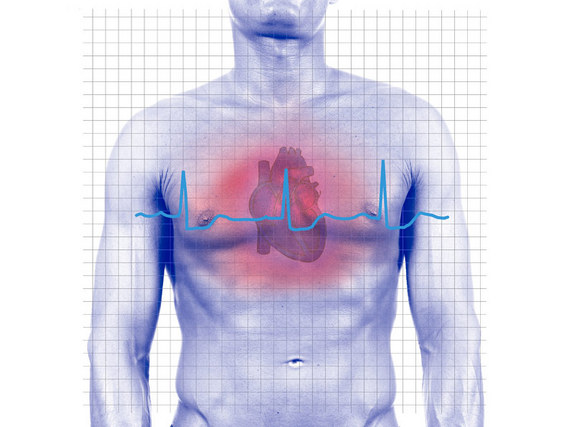Cholesterol-Lowering Drugs May Increase Diabetes Risk

High doses of the cholesterol-lowering drugs known as statins may increase the risk of diabetes, a new study says.
But for those with heart disease, the drugs have benefits — they reduce the risk of suffering a heart attack or stroke.
So which is worse — the risk of taking the medications, or the harm that comes from staying off them? For those who need the drugs, taking them appears to be the greater good, the researchers said.
For every person who developed diabetes in the study, three people were protected against a cardiovascular event, such as a heart attack or stroke, said study researcher David Preiss, of the University of Glasgow in the Scotland.
"In patients at high cardiovascular risk, there is little doubt that the benefits will strongly outweigh any risks, and we are keen to reinforce the message that patients keep taking their medication," Preiss said. But doctors should inform patients about this increased risk, and perhaps, test them regularly for diabetes, he said.
Statins and diabetes risk
Preiss and his colleagues analyzed the results of five clinical trials in which patients with heart disease were randomly assigned to take an intensive dose of a statin, or a moderate dose. An "intensive" dose is a high dose, around 80 milligrams, of a particularly strong statin drug, such as atorvastatin (sold as Lipitor).
Get the world’s most fascinating discoveries delivered straight to your inbox.
In total, 32,752 patients were followed for an average of five years. None of the patients had diabetes at the study's start.
Participants who took a high dose of statins were 12 percent more likely to develop diabetes than those who took a moderate dose.
On the flip side: those who took a high dose of statins were 17 percent less likely to suffer a heart attack or other cardiovascular event than those who took a moderate dose.
For every 500 patients treated with a high dose of statins, one more patient developed diabetes per year than would statistically be expected, the study showed. For every 155 patients treated with a high dose, one person was protected against a cardiovascular event.
"It's important that patients understand that while there is this, what seems to be, a rather mild effect in terms of increasing risk [of diabetes], that the complications of heart diseases are a more serious threat," said Dr. Ronald Goldberg, a professor of medicine at the University of Miami School of Medicine's Diabetes Research Institute, who was not involved in the new study. "If somebody does develop diabetes, we can treat that," Goldberg said.
The researchers don't know how the risks and benefits may balance out for other patient groups, such as those who have suffered from heart failure, as they do not appear to reap the same benefits from statins, Preiss said.
Why?
It's not known why statins may increase the risk of diabetes.
It's possible that intensive statin therapy interferes with the action of insulin, a hormone that lowers blood glucose, Preiss said.
Or it may be that patients are less active when they are on statins, which leads to weight gain and an increased risk of diabetes, Preiss said. Many patients experience muscle pain while on statins, which could make them less active.
While it hasn't been shown in a study, Goldberg said he suspects that patients with other diabetes risk factors, including a family history of the disease, are more likely to develop diabetes while taking statins.
The study will be published tomorrow (June 22) in the Journal of the American Medical Association.
Pass it on: For those with heart disease, the benefits of taking statins appear to outweigh the risks of developing diabetes.
This story was provided by MyHealthNewsDaily, a sister site to LiveScience. Follow MyHealthNewsDaily staff writer Rachael Rettner on Twitter @RachaelRettner.

Rachael is a Live Science contributor, and was a former channel editor and senior writer for Live Science between 2010 and 2022. She has a master's degree in journalism from New York University's Science, Health and Environmental Reporting Program. She also holds a B.S. in molecular biology and an M.S. in biology from the University of California, San Diego. Her work has appeared in Scienceline, The Washington Post and Scientific American.
